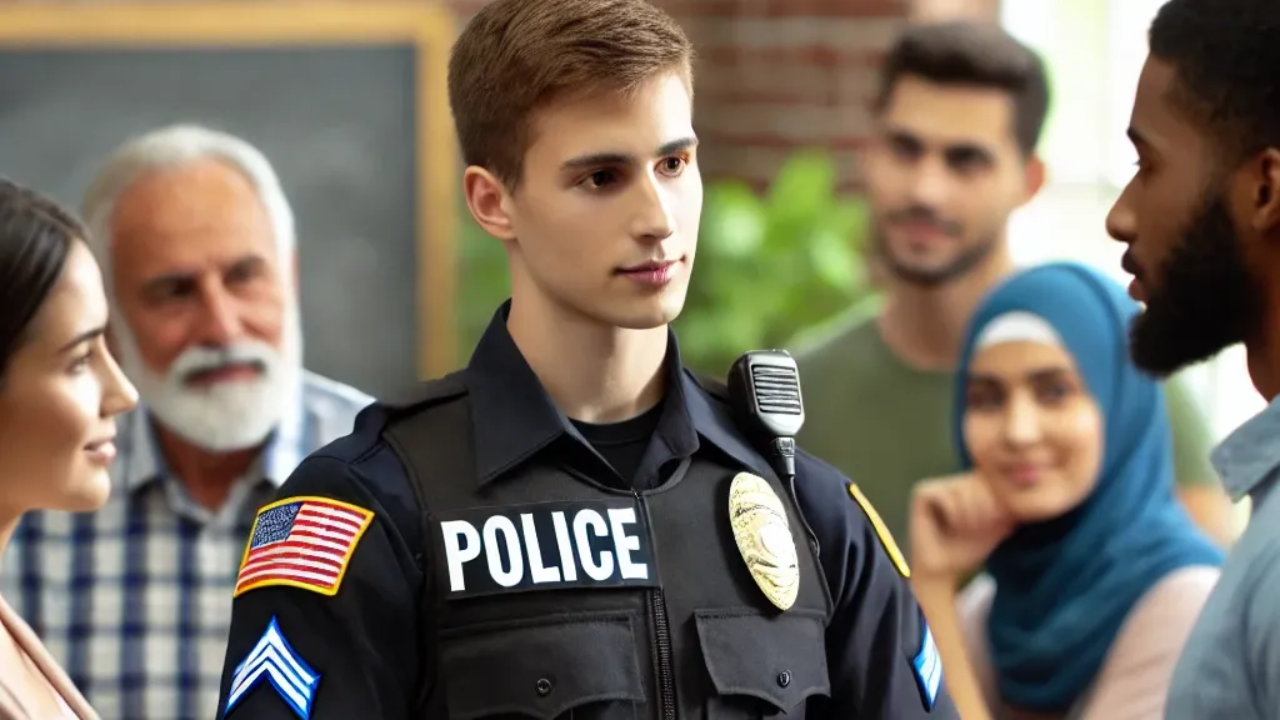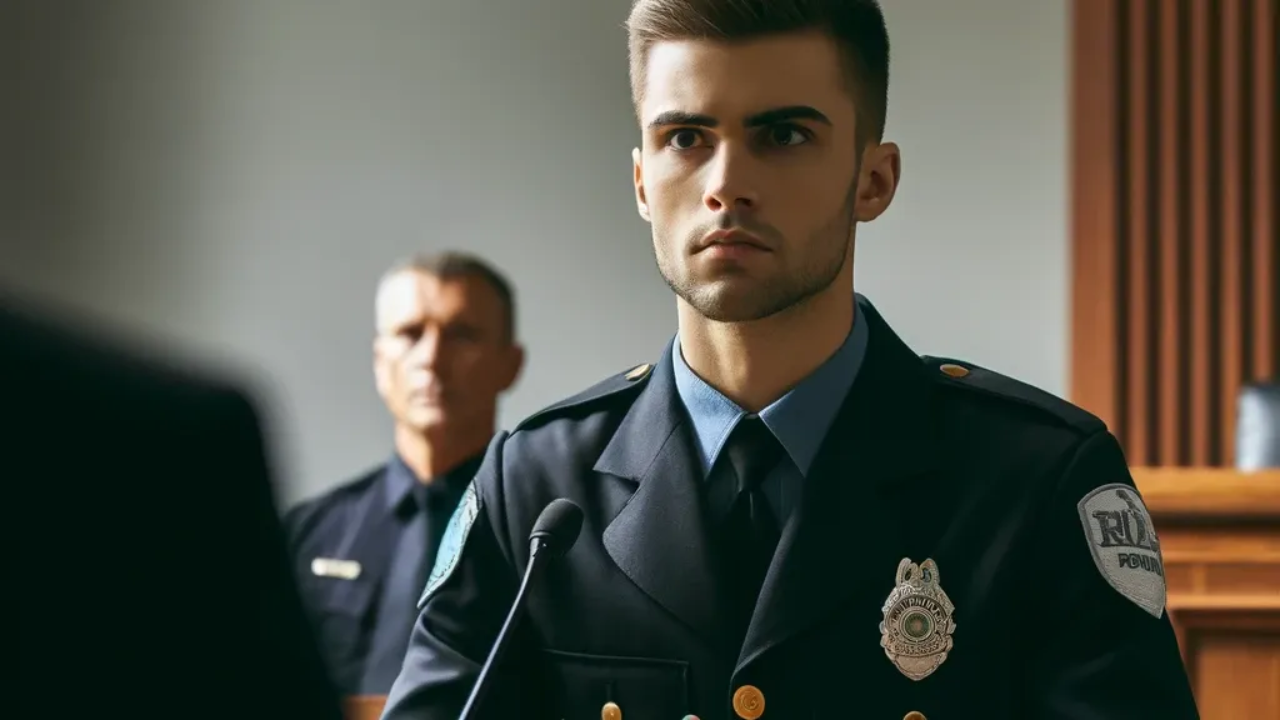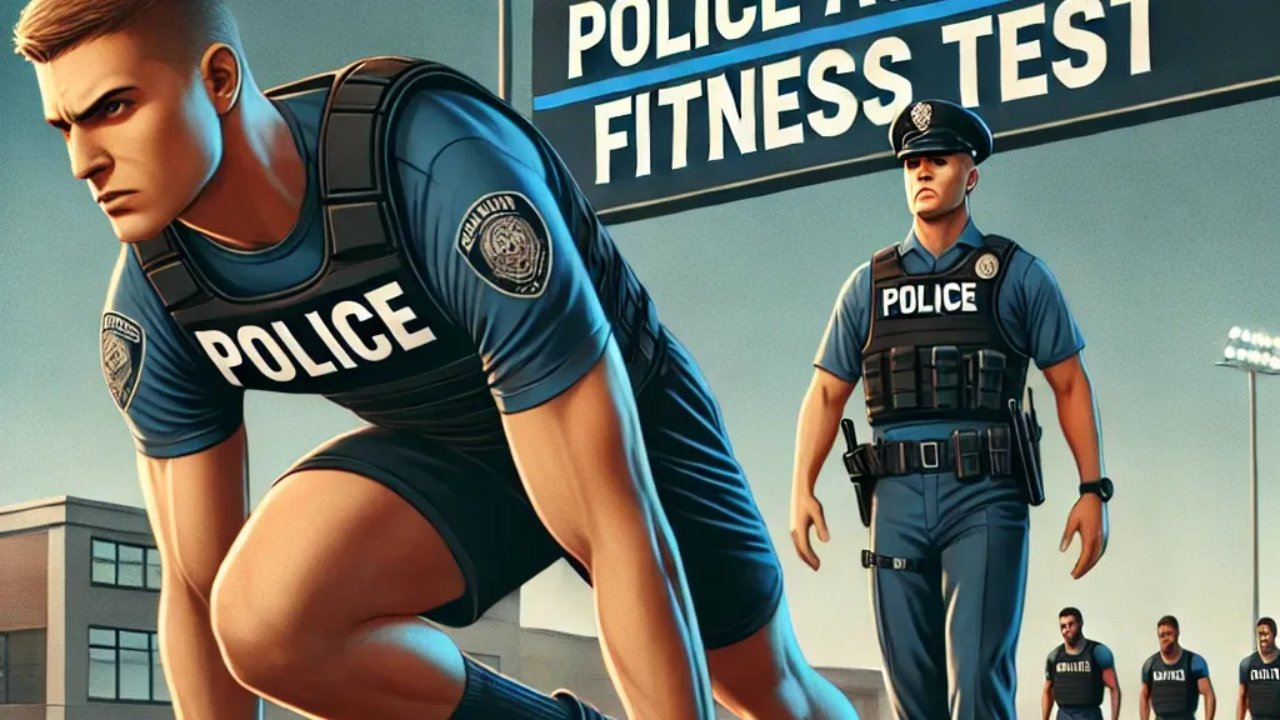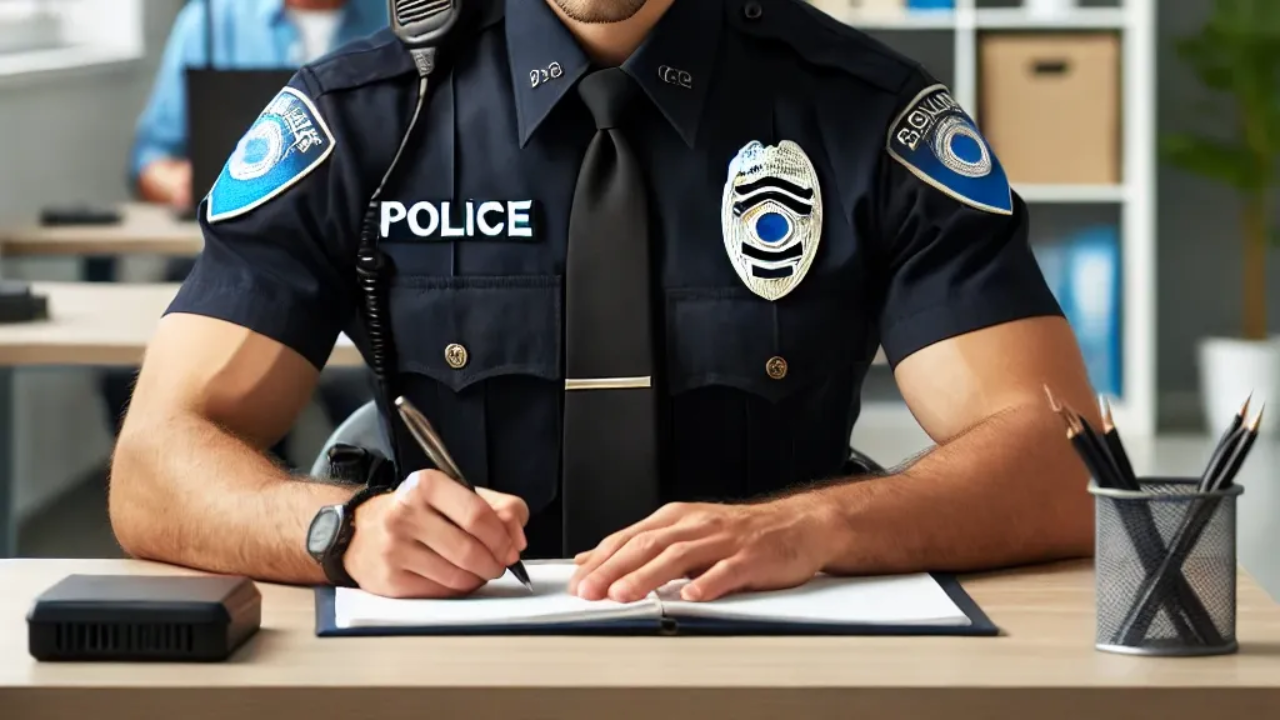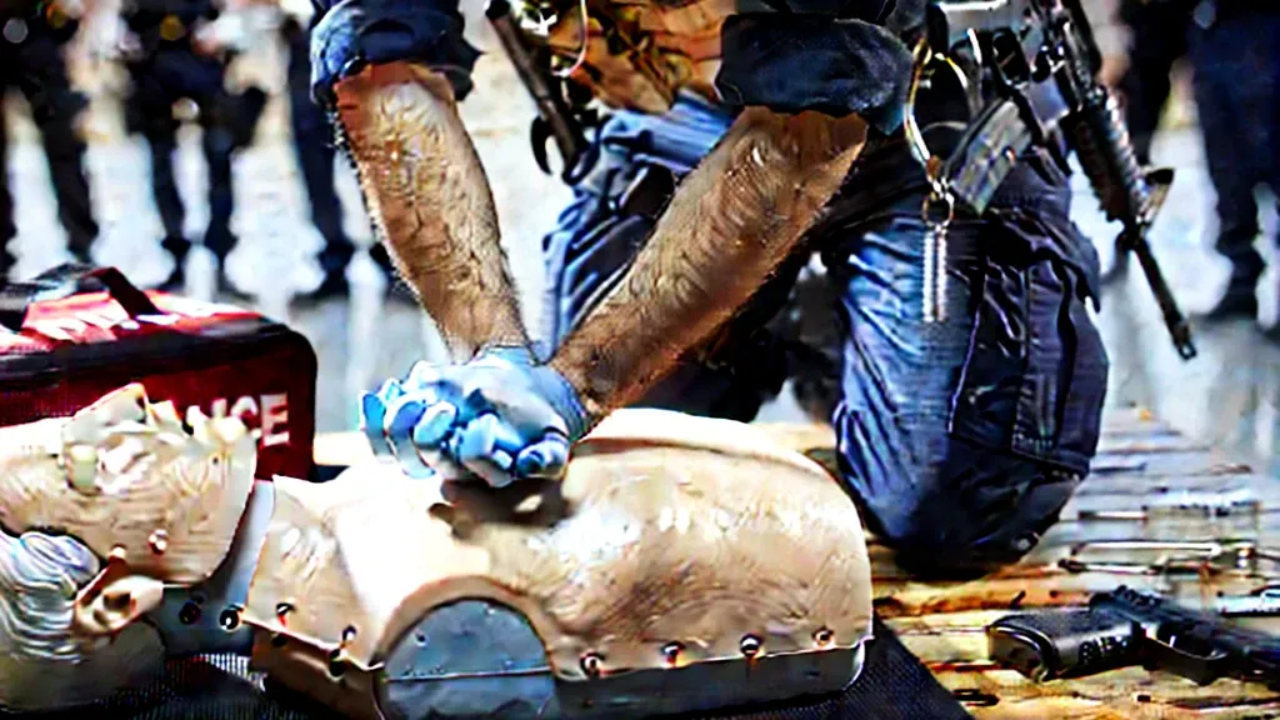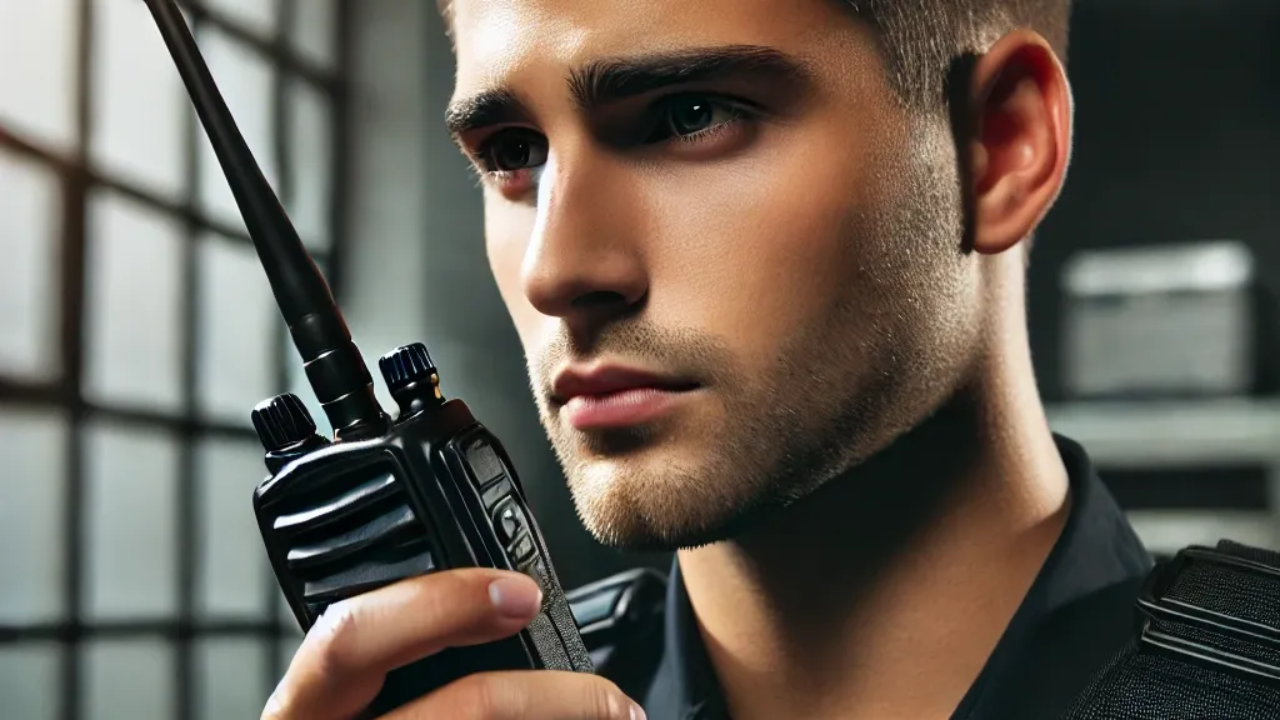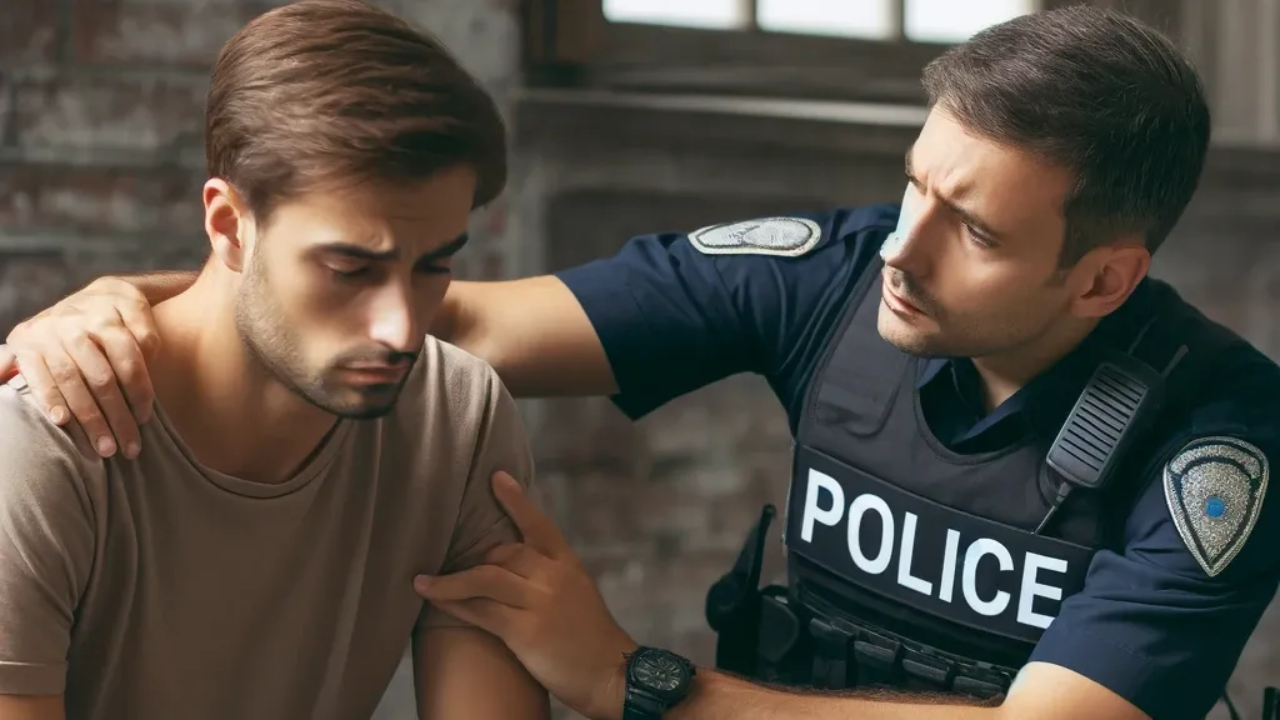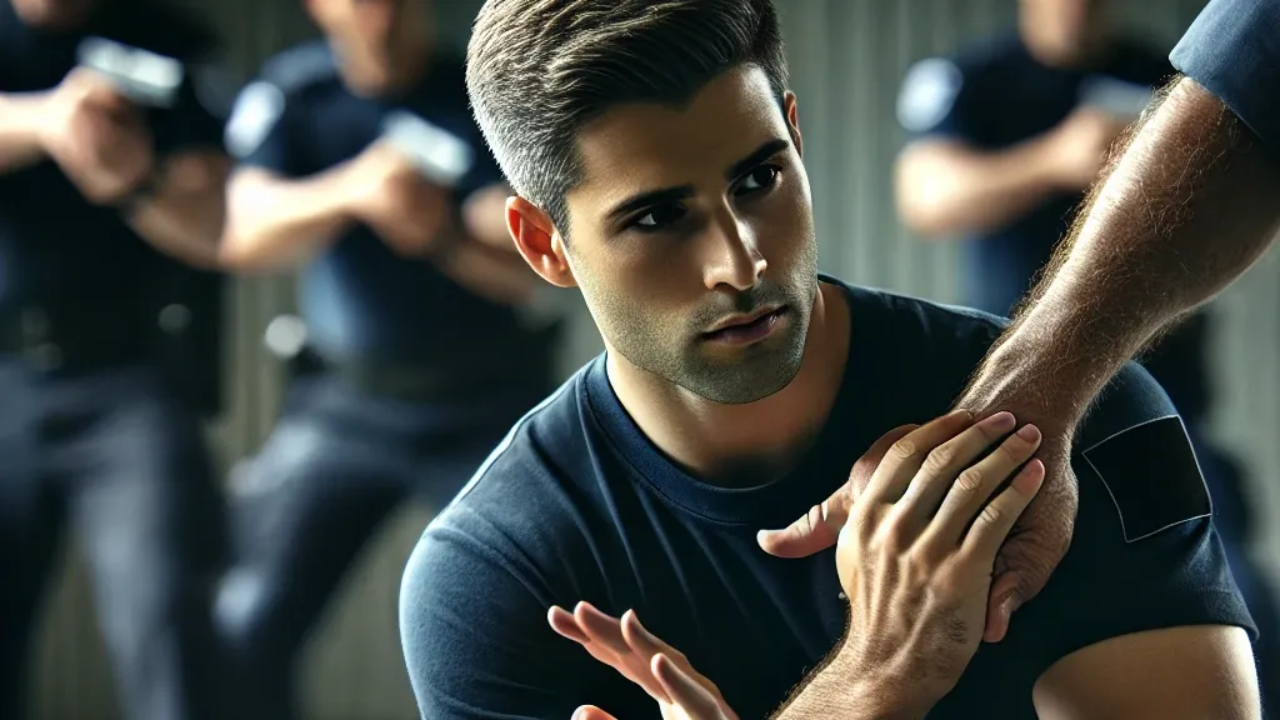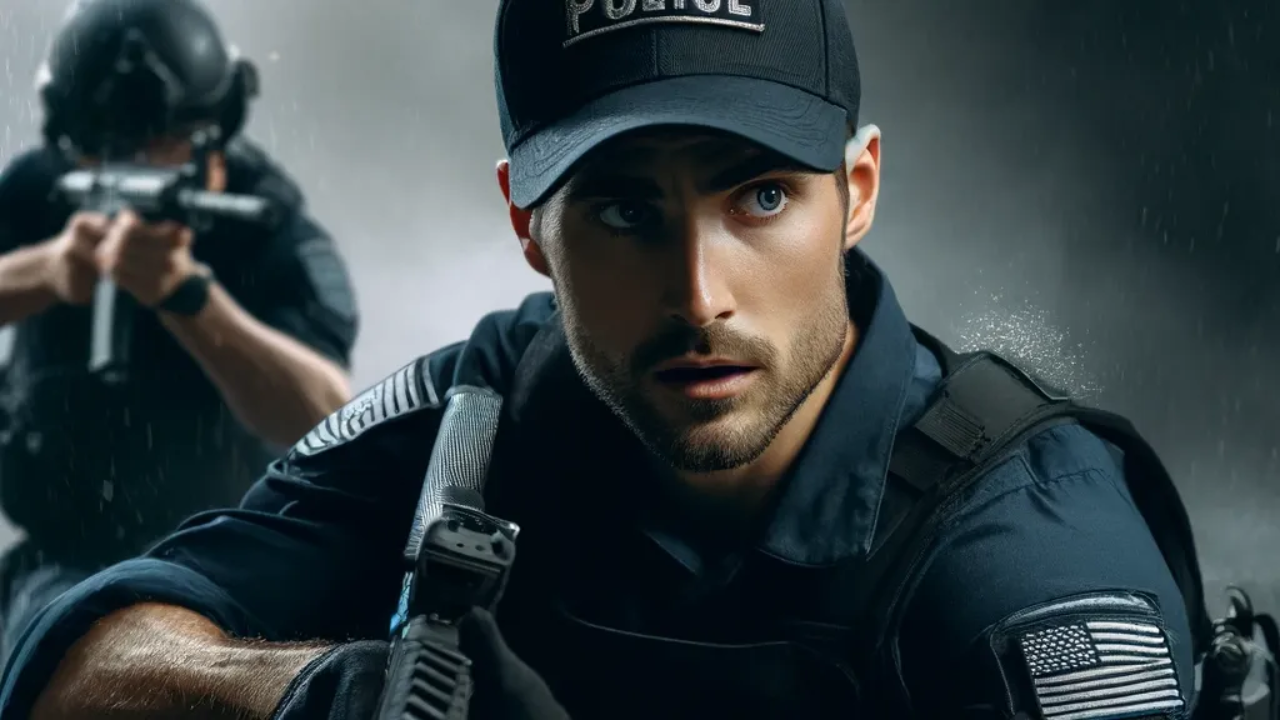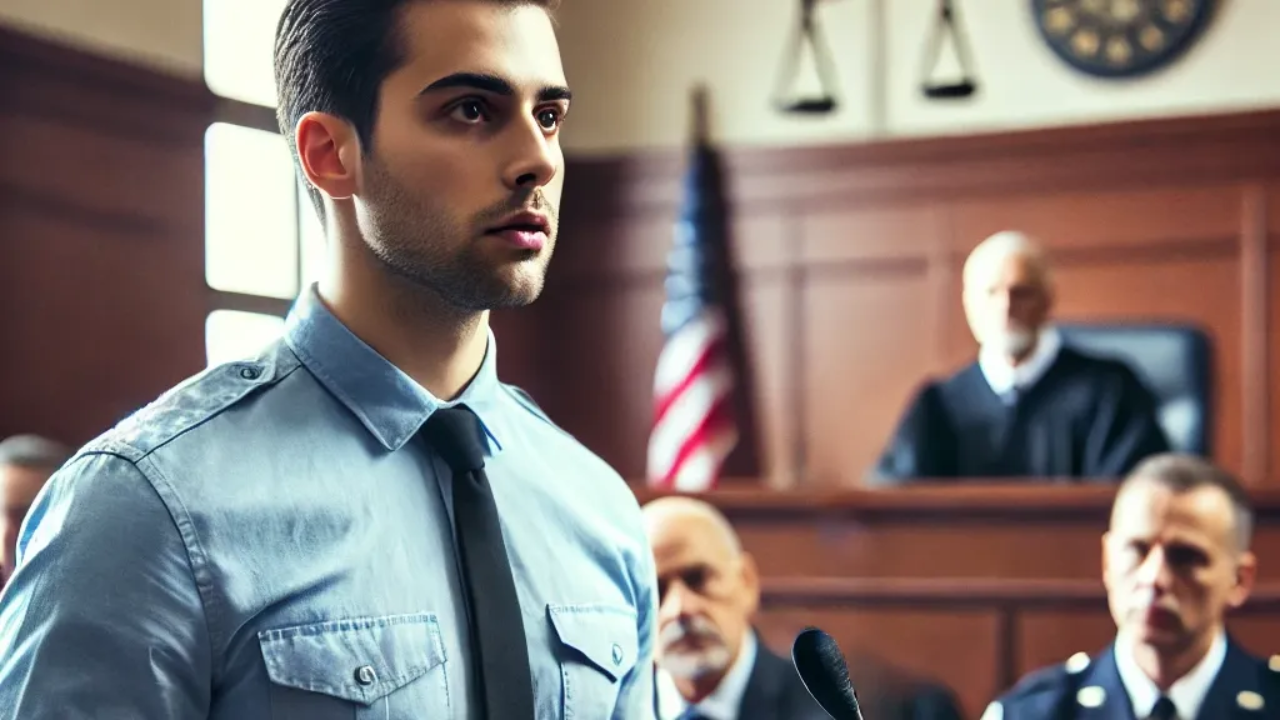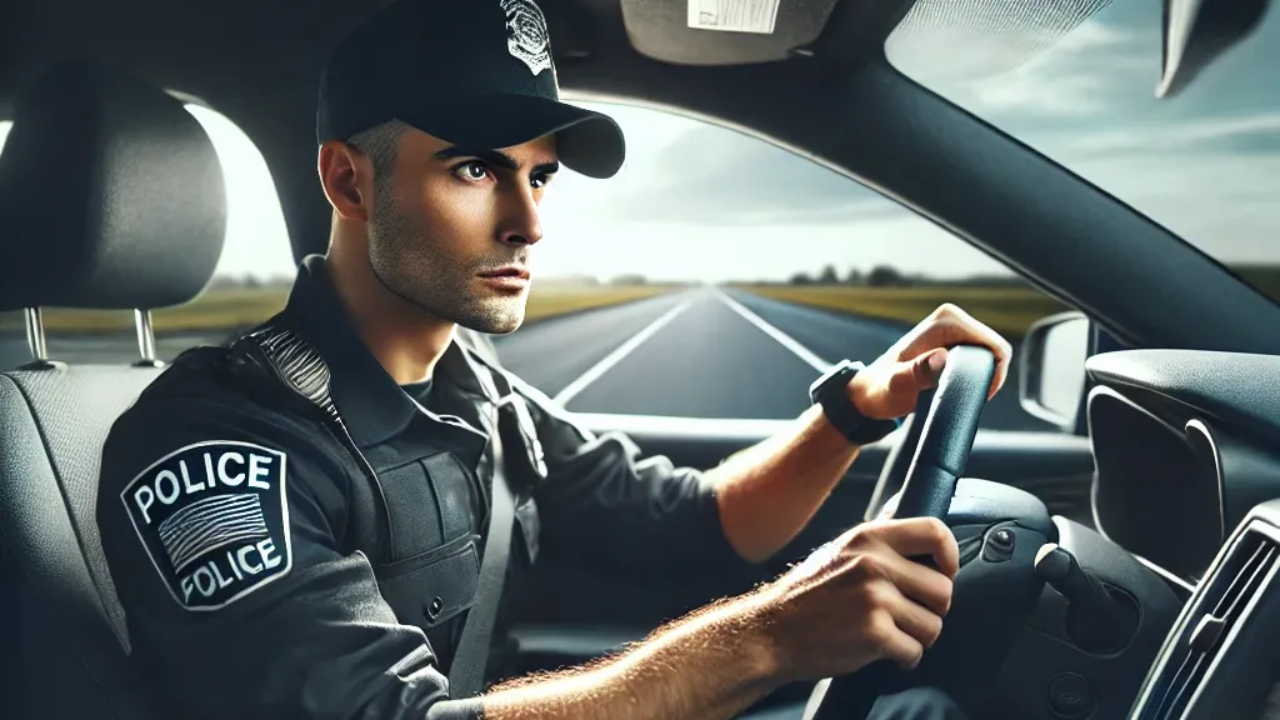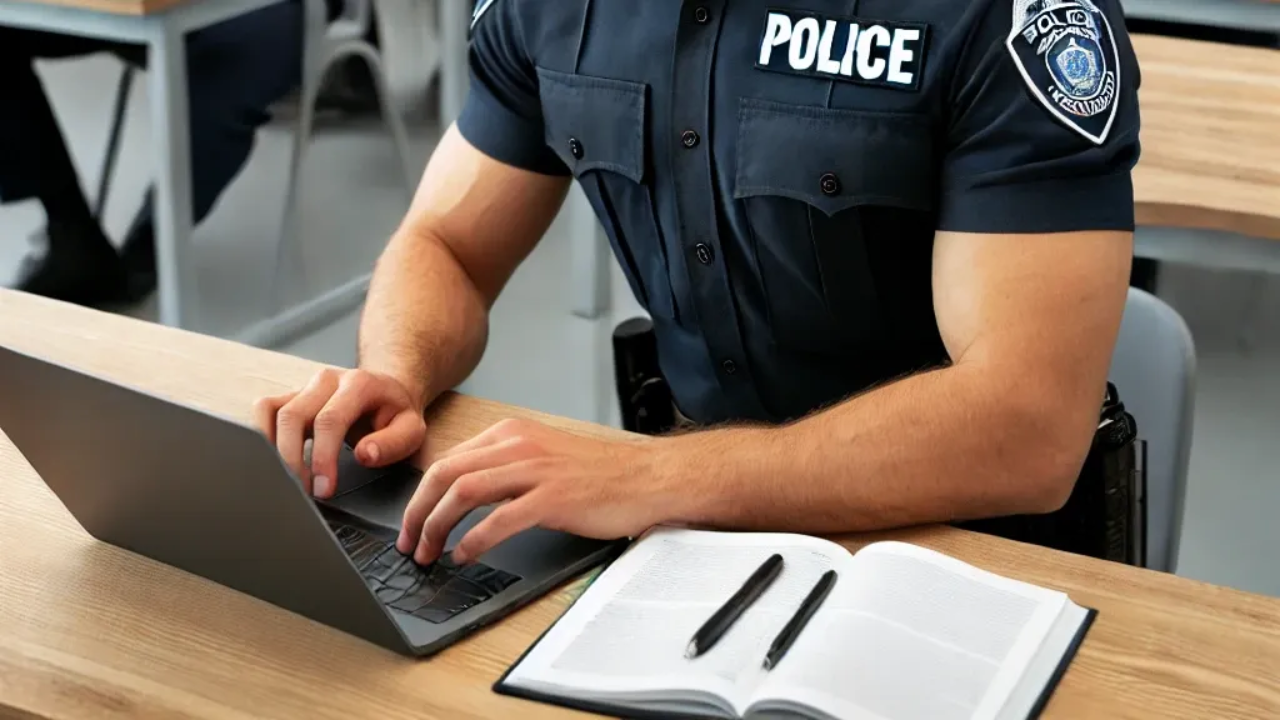Policing a community means understanding it first. That’s why cultural awareness and diversity training has become a vital part of the modern police academy. It’s not just about policies or checklists—it’s about building real connections with the people you serve. The goal is simple: Respect differe...
You’ve made the arrest, written the report, and now it’s time for the next big step—testifying in court. In the academy, recruits learn that what happens in the courtroom is just as critical as what happens on the street. Courtroom testimony training teaches officers how to present facts clearly, st...
Being a police officer isn’t just about making arrests—it’s about being physically and mentally ready for anything, at any time. That’s where the fitness for duty evaluation comes in. This crucial part of the police academy ensures that recruits can handle the demands of the job—from chasing suspect...
Your report isn’t just paperwork—it’s a permanent record, a courtroom tool, and often the first impression a prosecutor or judge will have of you. That’s why report writing in the police academy is treated like a mission-critical skill. When done right, a police report tells the full story clearly, ...
Emergencies don’t wait for ambulances. That’s why police academy first aid and CPR training is more than just a check-the-box certification—it’s about being first on the scene and first to save a life. Whether it's a car crash, a heart attack, or a violent incident, officers trained in first aid bec...
In the fast-paced world of policing, clear communication isn’t just helpful—it’s critical. That’s why mastering radio codes and call signs is a must for every recruit. Precision, speed, and clarity are the foundation of effective teamwork and officer safety. Get the codes wrong, and you could cause ...
In the field, words can be your first—and best—line of defense. Verbal de-escalation training teaches police recruits how to calm tense situations, gain compliance, and reduce the need for physical force. Mastering communication skills isn’t just about keeping the peace—it’s about protecting lives, ...
The ability to protect yourself—and others—without excessive force is what sets great officers apart. That’s the heart of defensive tactics training in the academy. Recruits learn how to control combative individuals with confidence, restraint, and technique, rather than brute strength. It’s not abo...
Split-second choices can define a career—and save a life. That’s why use of force decision-making is one of the most intense and vital parts of police academy training. Recruits learn how to assess threats quickly, respond proportionally, and justify every action taken. The goal? Protect the public ...
The badge doesn’t stop working when the arrest is made—it follows you all the way to the witness stand. That’s where courtroom testimony training comes in. Police recruits are taught how to present facts clearly, stay composed under cross-examination, and maintain credibility in front of judges and ...
When the lights go on and the siren blares, adrenaline spikes—but that’s not when you learn to drive. That’s when you rely on the training you’ve already mastered. Emergency Vehicle Operations Course (EVOC) is where recruits learn how to drive fast, think faster, and stay safe under pressure. It’s n...
Policing isn’t just boots and badges—it’s also pens and paper (or keyboards). Every call, arrest, and encounter hinges on proper documentation. That’s why report writing is one of the most critical—and underestimated—skills you’ll sharpen in the academy. Strong reports don’t just tell a story—they p...

